Kosovo, Georgia—“Different kettle of fish”
Further developments in Kosovo and Georgia will take contrasting courses, says the BBC’s Boris Varga.
Wednesday, 27.08.2008.
14:10

Further developments in Kosovo and Georgia will take contrasting courses, says the BBC’s Boris Varga. Varga told B92 that Moscow’s decision to recognize the independence of South Ossetia and Abkhazia was, primarily, a case of Russia and the United States testing each other out on the international political scene. Kosovo, Georgia—“Different kettle of fish” He said that relations between the EU and Russia would play an important role, given the energy crisis and NATO enlargement. Although the recognition of South Ossetia and Abkhazia came almost completely out of the blue, Varga said that Russia had seized the moment to take such a decision, leaning on the Kosovo precedent to a great degree. “The main difference between Kosovo and South Ossetia and Abkhazia is that Kosovo and Serbia, if they follow their political priorities, will become a part of one larger country, the European Union,” Varga said. “While, following South Ossetia and Abkhazia’s declaration of independence, Russia, Georgia, South Ossetia and Abkhazia will almost certainly not, any time soon, be part of one state or super-state, for that matter,” he said. Varga said that Serbia was being very careful with the Georgian question, and that this could mean moving closer to the EU. “Initially, Belgrade kept quiet, and then it said what it said in order to stay true to its own policies, which is completely logical and to be expected. Will that reaction change – no, but that could mean edging closer towards the views of the EU,” the analyst suggested. The cold war atmosphere, which many believe never ended, has been exacerbated by the energy crisis facing the European Union and Serbia. Varga believes that these economic interests will, ultimately, prevail over political interests.
Kosovo, Georgia—“Different kettle of fish”
He said that relations between the EU and Russia would play an important role, given the energy crisis and NATO enlargement.Although the recognition of South Ossetia and Abkhazia came almost completely out of the blue, Varga said that Russia had seized the moment to take such a decision, leaning on the Kosovo precedent to a great degree.
“The main difference between Kosovo and South Ossetia and Abkhazia is that Kosovo and Serbia, if they follow their political priorities, will become a part of one larger country, the European Union,” Varga said.
“While, following South Ossetia and Abkhazia’s declaration of independence, Russia, Georgia, South Ossetia and Abkhazia will almost certainly not, any time soon, be part of one state or super-state, for that matter,” he said.
Varga said that Serbia was being very careful with the Georgian question, and that this could mean moving closer to the EU.
“Initially, Belgrade kept quiet, and then it said what it said in order to stay true to its own policies, which is completely logical and to be expected. Will that reaction change – no, but that could mean edging closer towards the views of the EU,” the analyst suggested.
The cold war atmosphere, which many believe never ended, has been exacerbated by the energy crisis facing the European Union and Serbia.
Varga believes that these economic interests will, ultimately, prevail over political interests.













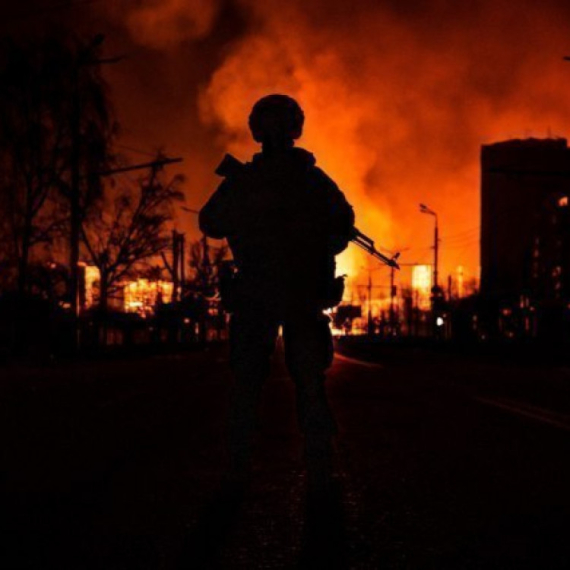
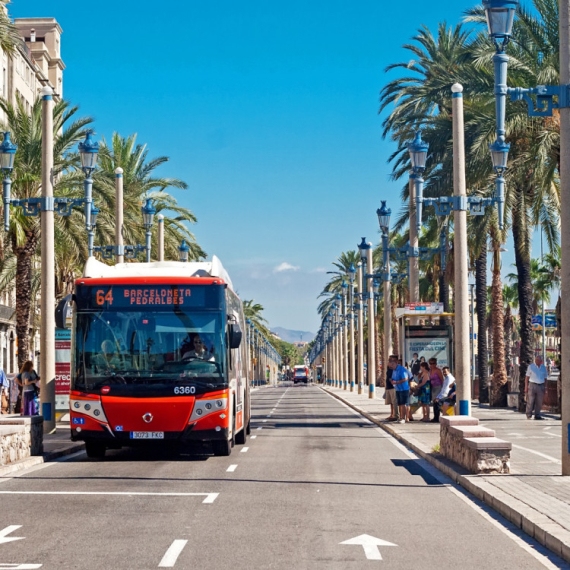
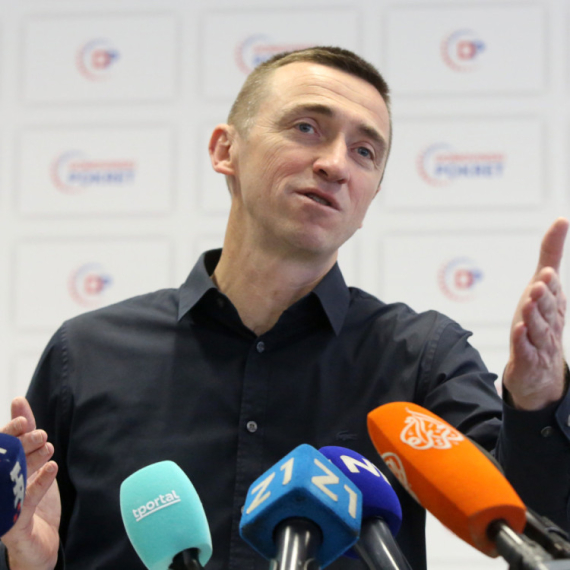
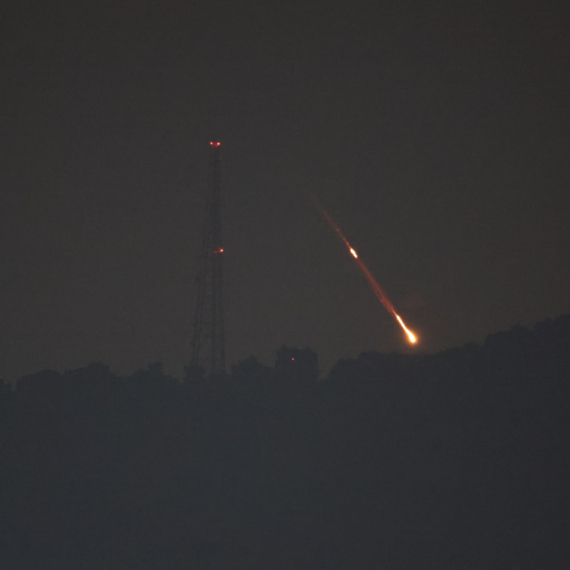
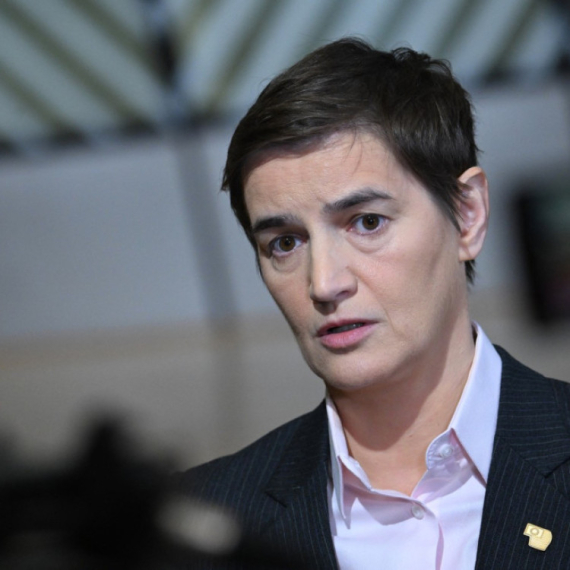











Komentari 2
Pogledaj komentare